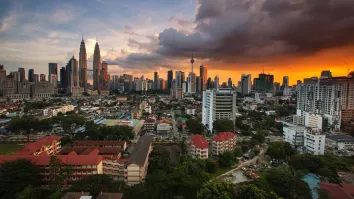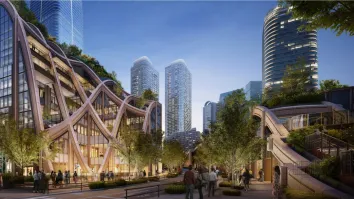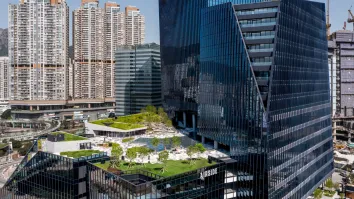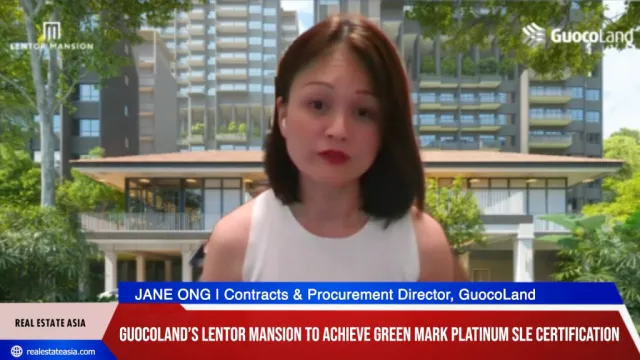
Office rents in Hong Kong, Sydney, Jakarta, Manila to decline by over 10% by end-2020
Weighted average APAC rents should fall 5% over 2020.
Most APAC markets that Colliers tracks across the region recorded a decrease in rents in Q2 2020. In this period, weighted average net effective rent moved -2.5% QOQ, with Hong Kong SAR, Shenzhen and Manila recording QOQ drops of over 5.0%. Sydney CBD also recorded a sharp decrease in net effective (not face) rent, of 9.8%.
Taipei, Delhi-NCR and Seoul were bright spots with rent increases of 1.0% or more. In contrast to Sydney, average net effective rent in Melbourne CBD was flat in Q2, although Colliers does not expect this relative strength to last.
Here's more from Colliers:
Leases in Taipei generally run for five years. While renewals are the order of the day, limited supply in that market means rents have been adjusted marginally upwards. Although Seoul’s face rents increase with inflation, market practice is to adjust incentives as the sector becomes more tenantfriendly; for Q2 they remained steady.
While Hong Kong SAR and Tokyo are jostling for the position of highest rents in the region, the former has witnessed a steady drop in rents for the last several quarters. Given the negative net absorption in Q2, as expected, we saw rents decreasing in Hong Kong by almost 6.0% QOQ.
New supply in the Tier 1 Chinese cities fell below forecasts over H1 2020. However, supply pipelines for H2 and 2021-2022 mostly remain heavy. Despite an uptick in demand in these cities in Q2 which we expect to be maintained, the expectation of a glut of supply appears to have led landlords to quote lower asking rents while providing greater incentives, softening net effective rents. This has been more true in Shanghai and Shenzhen than Beijing and Guangzhou.

Similarly, Tokyo has been enjoying the benefits of tight demand and supply overall. However, in the wake of COVID-19, we have observed landlords increasing incentives, while maintaining asking rents. As a result, net effective rents dropped by 1.8% in Q2 versus Q1.
Many cities in the region remain in some form of lockdown, exacerbated by weak business sentiment as a result of the recession. This situation is compelling occupiers either to postpone or to shelve expansion and relocation plans. Leasing transactions are thus dominated by renewals and renegotiations as well as reductions in space. The effect has been to push rents down across many of the markets that we track.
Outlook: H2 2020 and five years to end-2024
In H2 2020, we expect more of the same across APAC. Landlords in many markets will be competing for a limited demand pool. We think landlords will attempt to differentiate their product offering by increasing attention to health and safety, advanced mechanical systems, and wellness and environmental credentials. However, prices remain important in a recession. We expect to see many landlords increasing incentives, driving down net effective rents. Manila, Hong Kong SAR, Shenzhen and Sydney CBD among developed markets, and Manila and Jakarta among emerging markets, should record rent declines of over 10% by the end of the year. Overall, we expect weighted average rent to fall 5.0% in 2020.
Rents should start to pick up in 2021
While this is understandable in the light of the COVID-19 recession, we expect rent to increase marginally from this year’s lows in 2021, as the forecasted economic recovery becomes evident. Over the next five years, Singapore, Bangkok and Bangalore should see rents increase at 3.0% or more, while Delhi-NCR, Auckland, Melbourne and Taipei should see rents increase in excess of 2.0% as demand catches up with planned supply. Steady vacancy levels with tight demand and supply should support the increasing rents in these markets.

















 Advertise
Advertise






